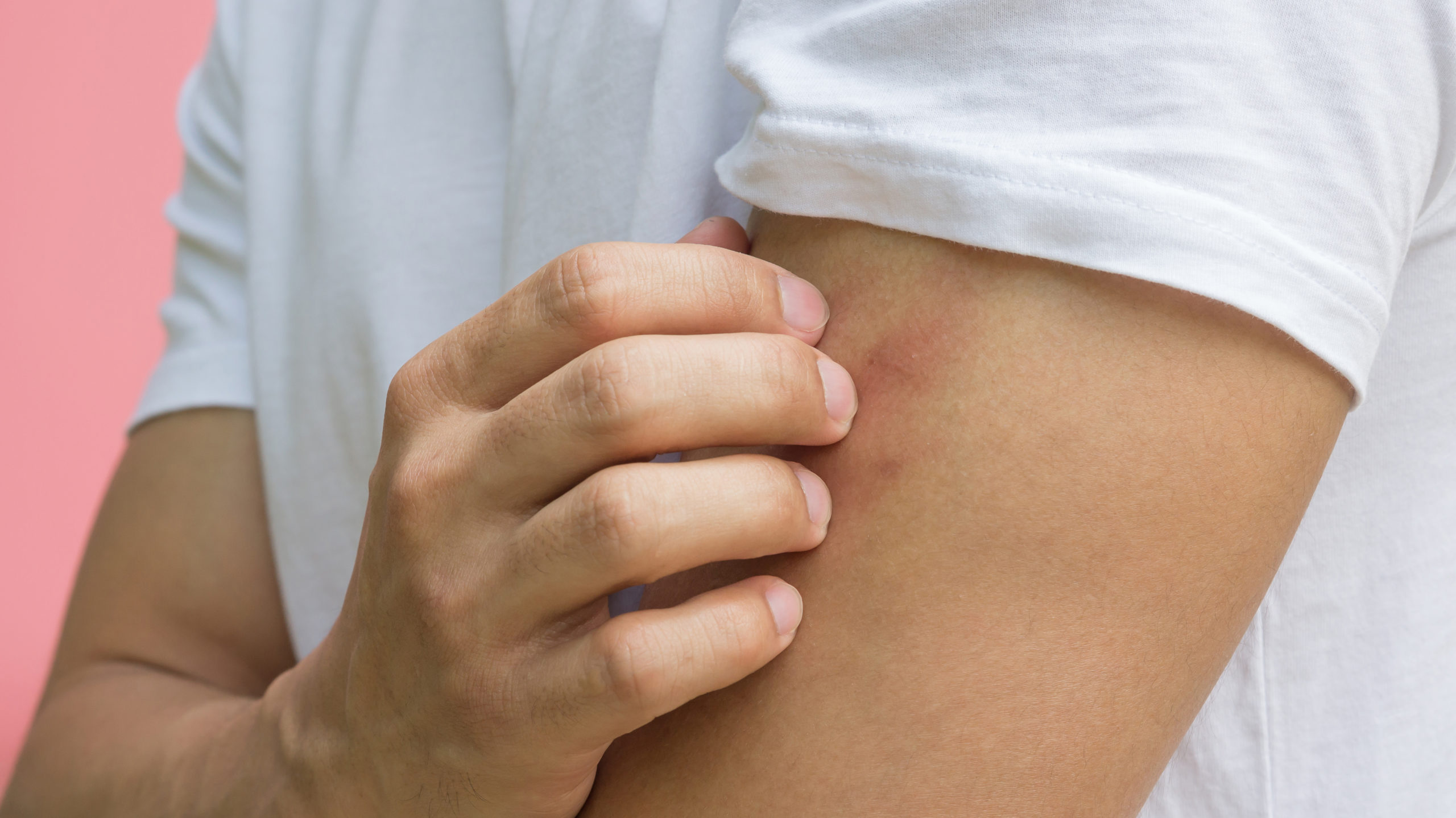
Bugs are a nuisance every home faces. They can transmit disease through direct contact with our foods, surfaces, and through biting. Knowing what kind of bugs you have around you and your family can be crucial in determining not only which ones are problematic to have, but which ones can be dangerous.
Common Bugs
Generally speaking, it is extremely common to have several different types of bugs in and around your home. These can vary depending on your location, if you live in the city or more of a rural area, and even what state you live in. Some of the most common bugs in our homes include:
- Mosquitoes
- Cockroaches
- Flies
- Bed bugs
- Ants
- Lice
Mosquitoes and flies are the common causes of diseases among bugs and their bites. Mosquitoes cause disease by biting and sucking our blood while flies and cockroaches cause disease by contaminating the food we eat and water we drink. Some flies such as tsetse flies can cause disease by biting as well. It can be difficult to keep some of these bugs away, but others can be quite easy if you follow a few simple steps.
How to Handle a Bug Infestation
Each type of insect is different, which means there are different things that can both repel and attract them. Depending on your specific type of infestation, sometimes the best way to figure out what you need to do is to use the internet and read a few articles. The following rules are good beginning steps to make sure the bugs don’t linger longer than you want them to.
Keep the House Clean
A dirty home attracts bugs like cockroaches, houseflies, ants, and bed bugs. Keeping your home clean by frequently taking out the trash, washing dishes immediately after a meal, and storing excess food in sealed containers can help get rid of these pesky neighbors. Similarly, cleaning our bed sheets after every week and keeping our bedrooms clean and properly aerated can keep bed bugs from laying a nest. However, these little invaders can come from exterior sources like motels, so be sure to properly wash any clothing that you wore during your vacations before allowing it on your bed.
Clear Pools of Water
Mosquitoes breed and lay their eggs in pools of water. Clearing pools of water is a particularly effective method for getting rid of these blood-sucking insects. Drain sinks, wipe out tubs, and if you have any external pools of water nearby be sure to have it checked for mosquito eggs come spring.
Use Bug Repellent
Bug sprays such as DEET are commonly used for mosquitoes and cockroaches. The sprays repel and kill them when they bite you. Chemical repellents may, however, be harmful to our environment and children. Instead, try natural repellents, such as eucalyptus oil. These are just as effective as DEET. We can also apply the oil on our skin to prevent bug bites.
Seal the Exterior
Holes in the walls or cracks in our windows pave entry to bugs in our homes, particularly ants if they smell food. Sealing up the exterior of your home by patching up holes and sealing the cracks will deny bugs entry, and keep out any future problems from arising.
Apply Petroleum Jelly or Oil
Petroleum jelly and oil are effective against lice. Lice are particularly common in homes with children less than ten years old, generally due to a breakout at school or sharing hats with others. When applied to the hair at the root, the thickness of the oil suffocates the lice and keeps the eggs from hatching so they can be removed.
Call a Pest Control Provider
Sometimes, we simply cannot get rid of the infestation ourselves, no matter how hard we try. At that point, it is best to look for a local pest control company to get the job done. They know the most about the different types, and they know how to get rid of them and keep them gone. Be sure to follow any instructions they provide and your home will be pest free! The charges will depend on the work done and the particular bug infesting your home.
How to Treat Bug Bites
The choice of medication depends on the symptoms of the bite. Bed bugs, for example, leave the skin feeling itchy and swollen. Anti-itch medication such as calamine lotion can help relieve the itching. Calamine also helps get rid of scars associated with bug bites. Extreme pain in a bug bite can be relieved by acetaminophen while anti-inflammatory medication can help relieve swelling. The type of care for the bite also depends on the bug that bit you, so it may be best to search for it via the internet.
Talk to a Physician
If the bite has not subsided in 48 hours and is still red and itchy, it may be best to see a practicing doctor who can prescribe stronger medications than you can get over the counter. They may give you a pill to reduce inflammation, or a special anti-itch cream to stop the scratching so it can go away on its own. At WellCare, our doctors provide treatment and advice on how to manage bug bites. If you’re struggling with bug bites, give us a call or fill out our online form to schedule an appointment.



